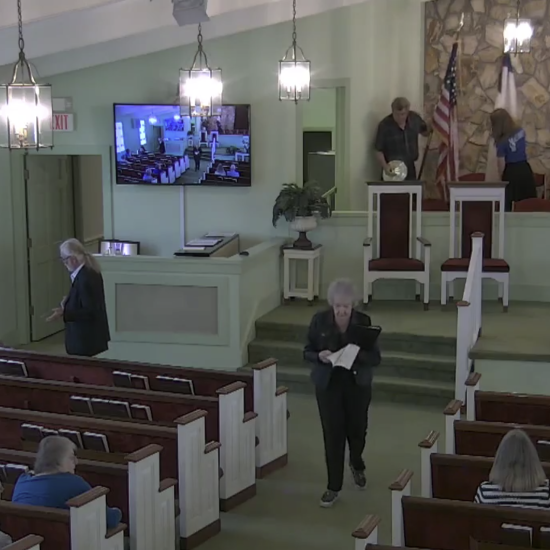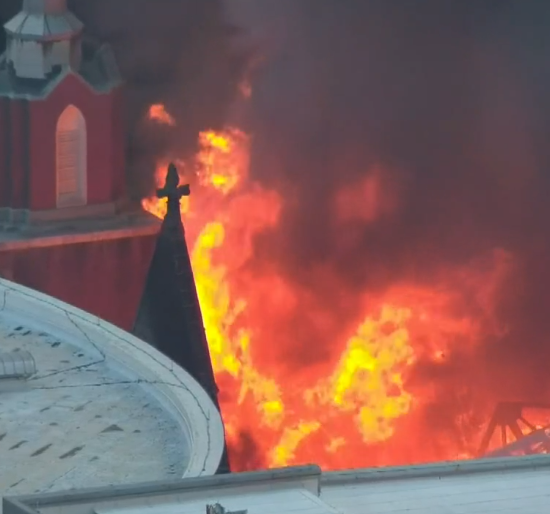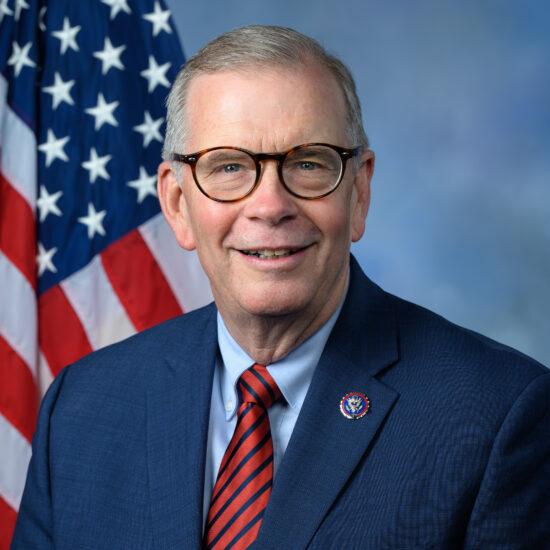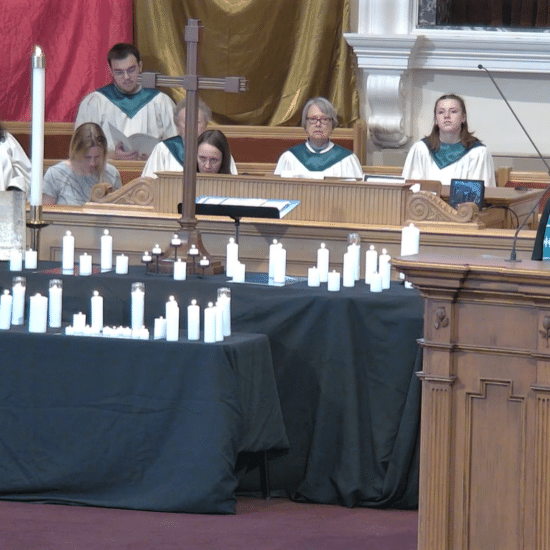Her name was Sandy, but she was no lady. She has been called a superstorm, and she lived up to that billing.
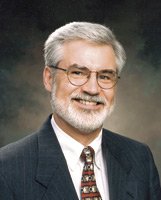
Bill Webb
|
This huge swath of weather wreaked damage in the Bahamas and Cuba as it circled around to the northeastern population centers of New York, New Jersey and contiguous states. It has spawned massive power outages, destroyed homes, shut down businesses and destroyed livelihood for who knows how many families. Dozens and dozens of people have lost their lives.
Many people have been merely inconvenienced by things like short-lived power outages, but large numbers need – at least for the short term – meals, showers and other life necessities. Others will benefit from efforts by neighbors and other volunteers to literally rebuild their lives.
Baptists seem to be at their best during such times as these. Many disaster relief volunteers will come from parts of the country where the culture may be a bit different that what they will encounter in the northeastern part of our nation.
Such differences will hardly be noticed – by volunteers or by hurricane victims. When you are doing the Lord's work in the Lord's name, you don't discriminate in any way. You just do what you can to eliminate conditions that produce misery and pain in the lives of youngsters, the elderly, literally people of all ages, languages and cultures, socio-economic groups, and religions.
Weather victims don't worry about where a hot meal is coming from or about who is helping with a mud-out at their home, or who might be wielding a needed chainsaw or helping move debris.
Such circumstances remind us that we are all a part of one race – the human race created by God.
Every person affected negatively by the carnage of a hurricane is better able to manage when they realize others care about them and remind them that they are not alone. Baptists and others are at their best in such situations because God himself is hard at work in the aftermath of circumstances mistakenly dubbed "acts of God."
One of the largest disaster relief providers is the collection of state convention disaster relief ministries that relate to the Southern Baptist Convention. They are not alone. Other teams related to the Cooperative Baptist Fellowship and, in Missouri, Churchnet. Resources and training may vary, but people of faith from various groups – Baptists and otherwise – bring to bear their desire to reach out to make unbearable situations bearable. They lighten – literally help carry – heavy loads.
In God's economy, compassion extended is never wasted. It is genuine and is usually received as such. It helps make faith more attractive to those who have never experienced it.
The standard answers to the "Why are you doing this?" question don't always make sense to those receiving aid: "We love God and are doing this to serve Jesus. Because Jesus loves us, we love you, even though we do not know you." Those words ring true when service is cheerfully extended without any expectation of repayment.
The last few days, volunteers have been pouring into the Sandy-stricken region. The North American Mission Board a couple of days ago anticipated that state feeding units would produce 450,000 hot meals a day for storm victims. Today I read another message that suggested 600,000 meals a day in New York.
The Missouri Baptist Convention's website – mobaptist.org – reported at press time that two Missouri Baptist feeding units have been mobilized for the northeast but that hundreds of Missouri volunteers were already helping other units already on the ground.
Baptists across our state are lending financial support to this effort, donating funds and supplies through additional channels or helping out in a myriad of other ways.
One of the other facets of the Baptist response intrigues me. Many of the Baptists journeying to help people in the northeast will encounter different kinds of Baptists than their own group. For instance, while there are lots of Southern Baptists in this part of the country, it is traditionally known more for American Baptists. Many American Baptist Churches USA are among the heavily damaged.
In recent years, there have been efforts to enable different kinds of Baptists to work together more closely and acknowledge some things they have in common as Baptists. We need to move beyond some of those old divisions, a couple of which pre-date the Civil War. Surely this can happen, enabling Baptist cousins to act more like the Baptists brothers and sisters they should really be.
The focus right now is to render aid in Christ's name to people who really need the assistance. Look for ways through your church or through other channels to make a difference in the wake of this terrible tragedy. It is an investment in lives.
Bill Webb is editor of Word&Way.


